Answering the priority needs of these farmers, our team targeted the workshops around those topics that were most needed to achieve positive change in farming in the area. A workshop conducted in the villages around the Ghanzi District in September, focused upon the safe handling and administration of livestock vaccines so as to avoid disease outbreaks within the communal farming areas. In October, the team brought together 35 farmers to one of our model farmer’s farms to run a workshop on how to produce mineral supplement feed blocks to help improve livestock condition during the dry season or in drought years. The FFC team also took members of the Kacgae farming community with them to visit the team from CLAWS Conservancy in the north of Botswana, to learn how they have incorporated unique techniques to help reduce farmer-lion conflict, hoping to inspire them all to help us tackle emerging issues with lions in our target areas. In addition, the team were able to conduct a veterinary clinic for LGDs in the Ghanzi District, working to sterilise and provide vaccinations for 17 LGDs.
Our persistent work with farmers to encourage more sustainable farming practices are critical to conservation efforts for several reasons. Cattle are incredibly prolific in Botswana and when managed poorly, can have huge implications for habitat health via overgrazing and subsequent desertification of the land, as well as disease outbreaks and of course, human-wildlife conflict. In addition, the growing threats from climate change have heightened the already precarious grazing availability in communal farming areas, putting more pressure on rural farmers and therefore the conflict they experience. When farmers are struggling to make their livestock profitable, they have heightened conflict with carnivores, and livestock predation can increase particularly if livestock are underfed, sick or injured. By working towards improving livestock productivity, we can not only reduce conflict through increasing the profitability of small-scale farms, but can reduce the negative impacts that their livestock has on the ecosystem at large. Climate-smart farming practices, also help farmers to become more resilient against shocks, like drought or fires, that are becoming more frequent in the Kalahari.

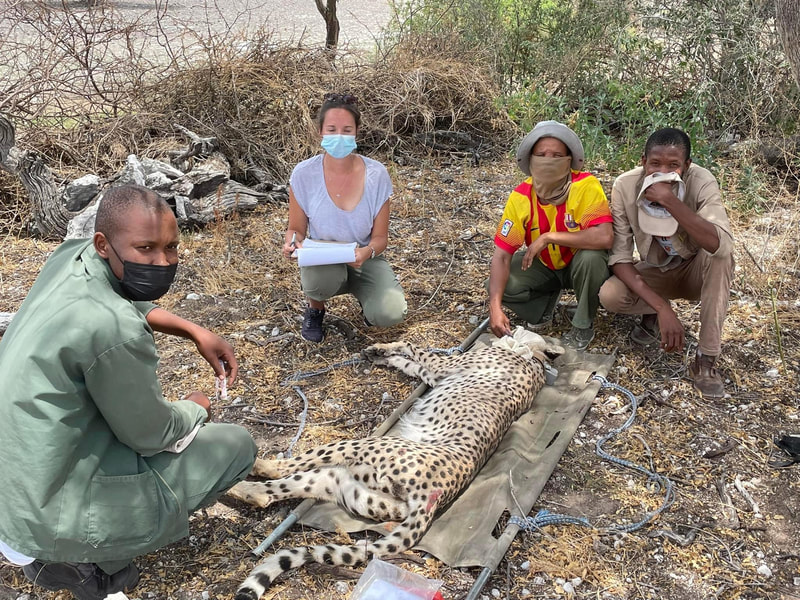
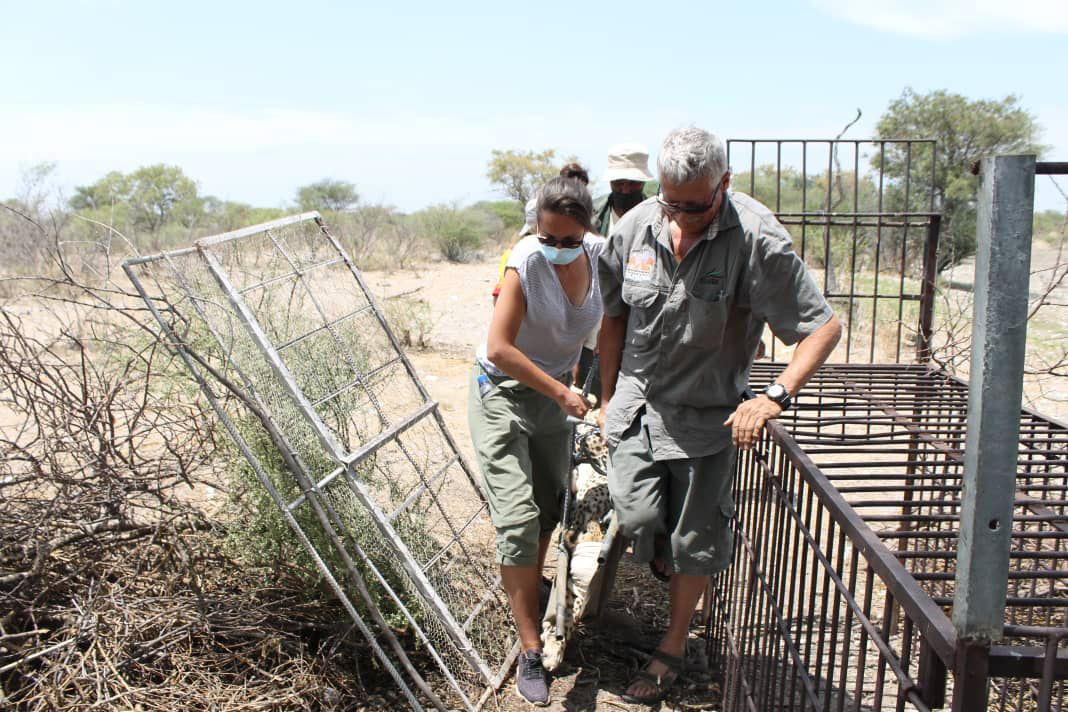
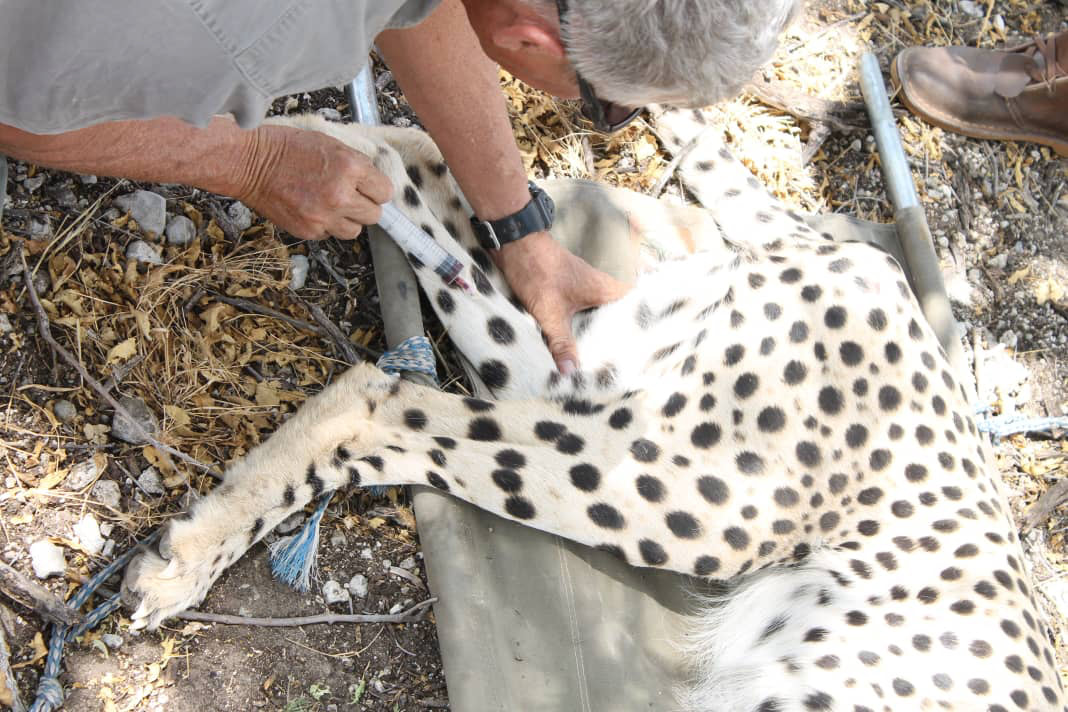
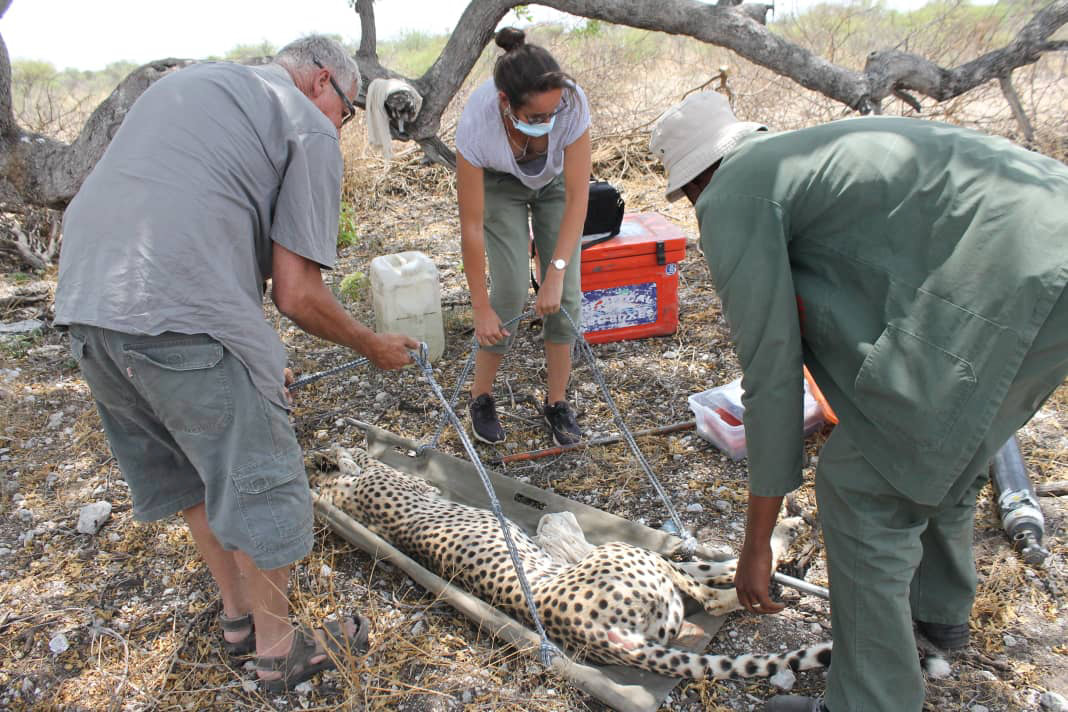
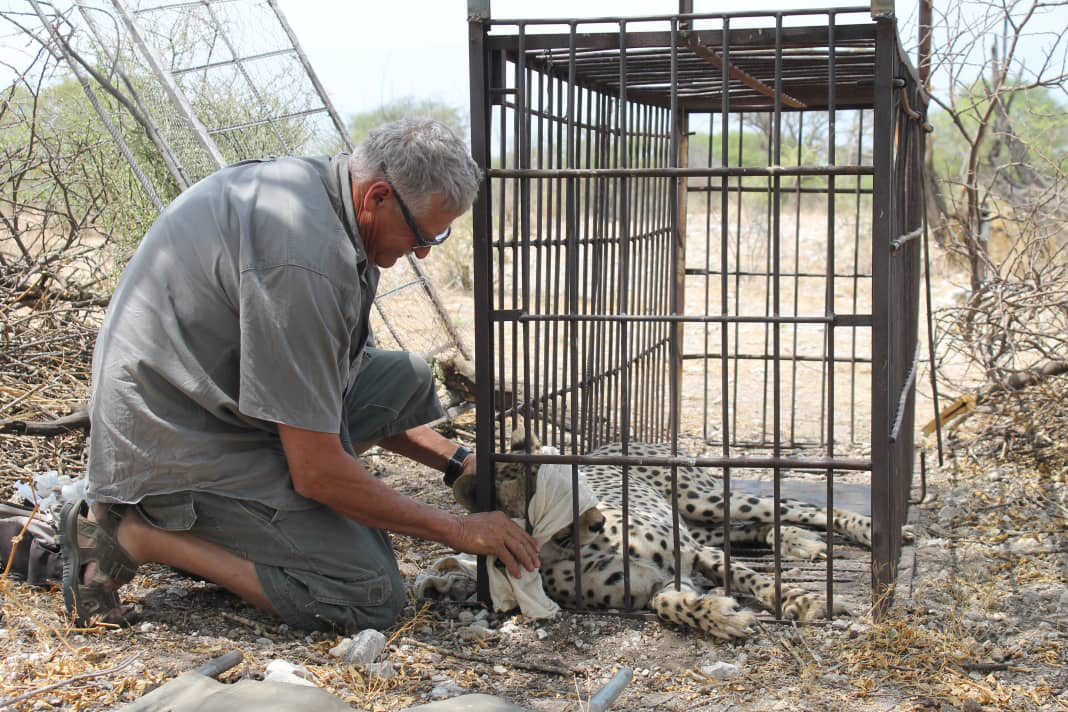
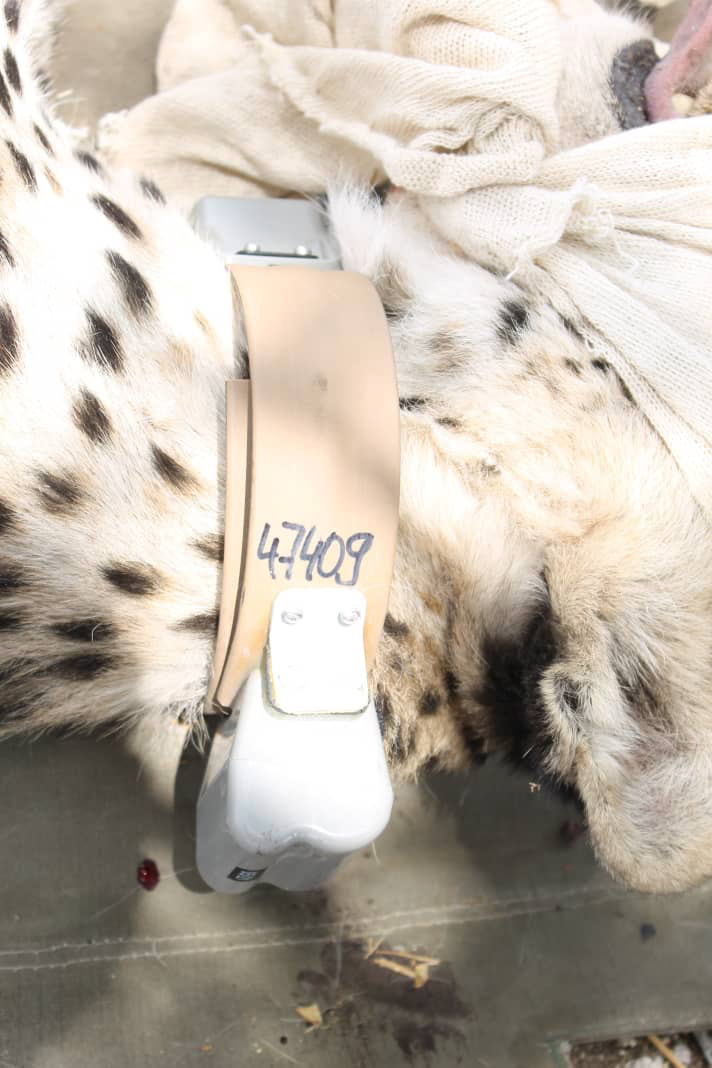
 RSS Feed
RSS Feed
